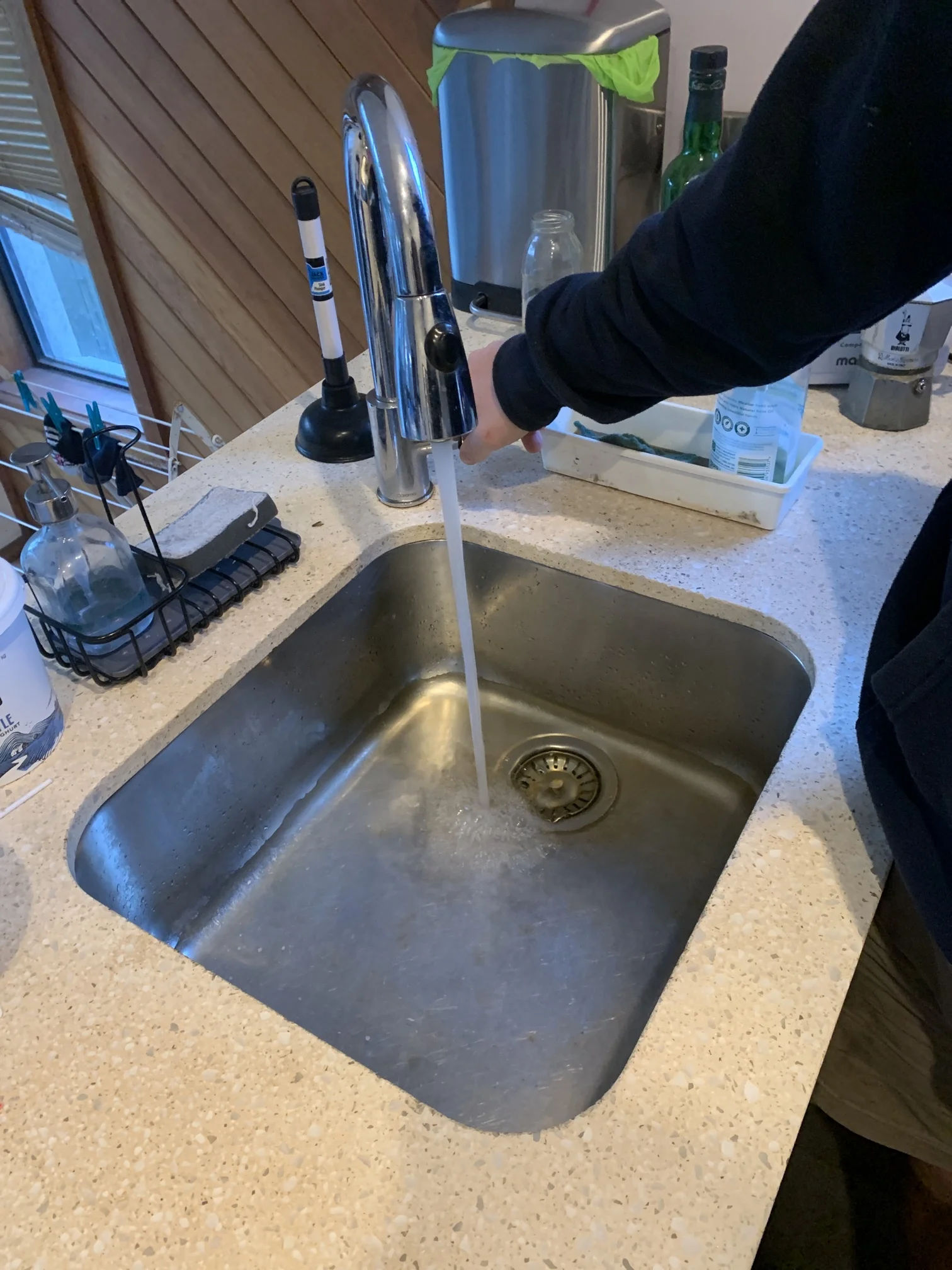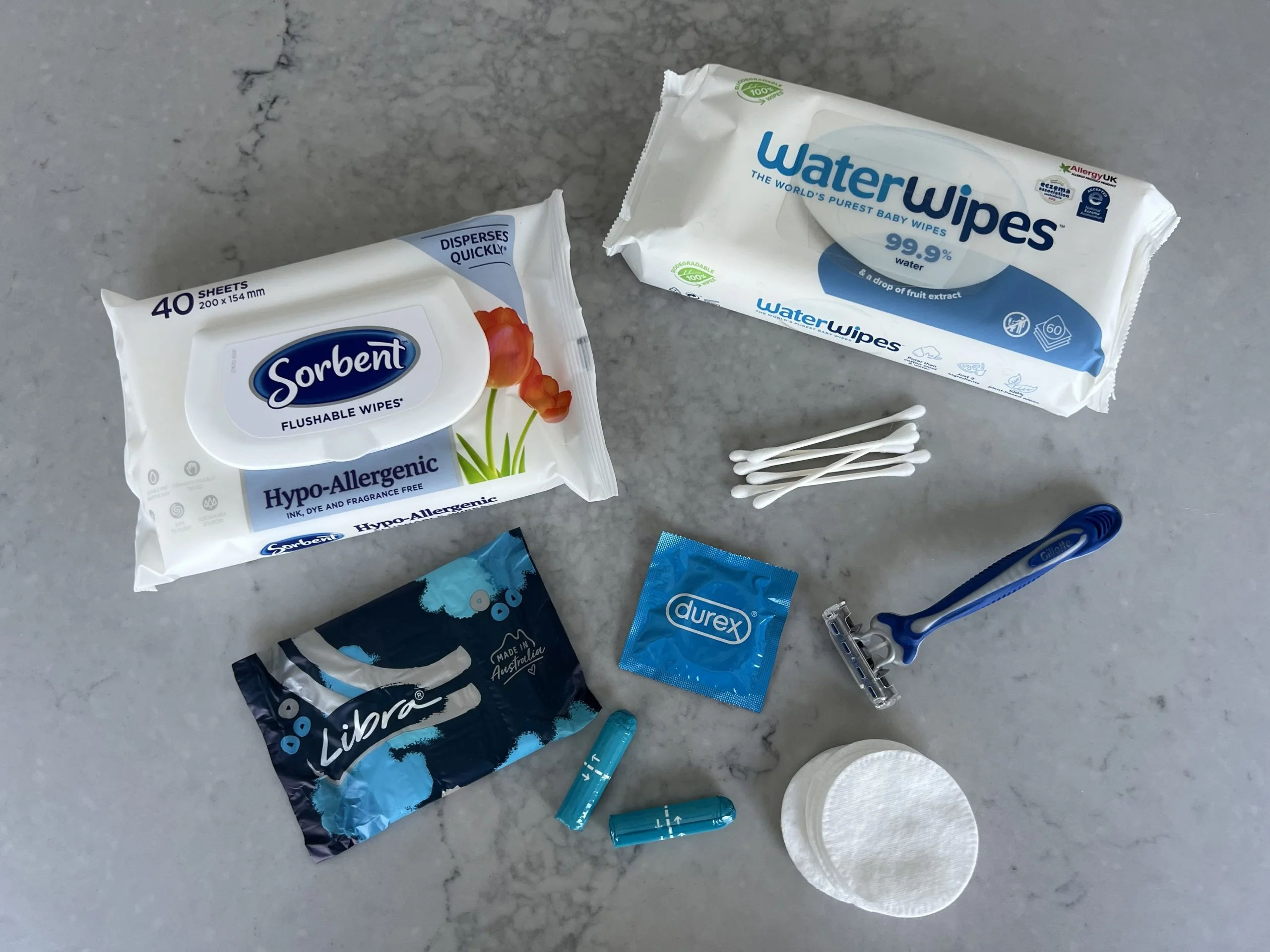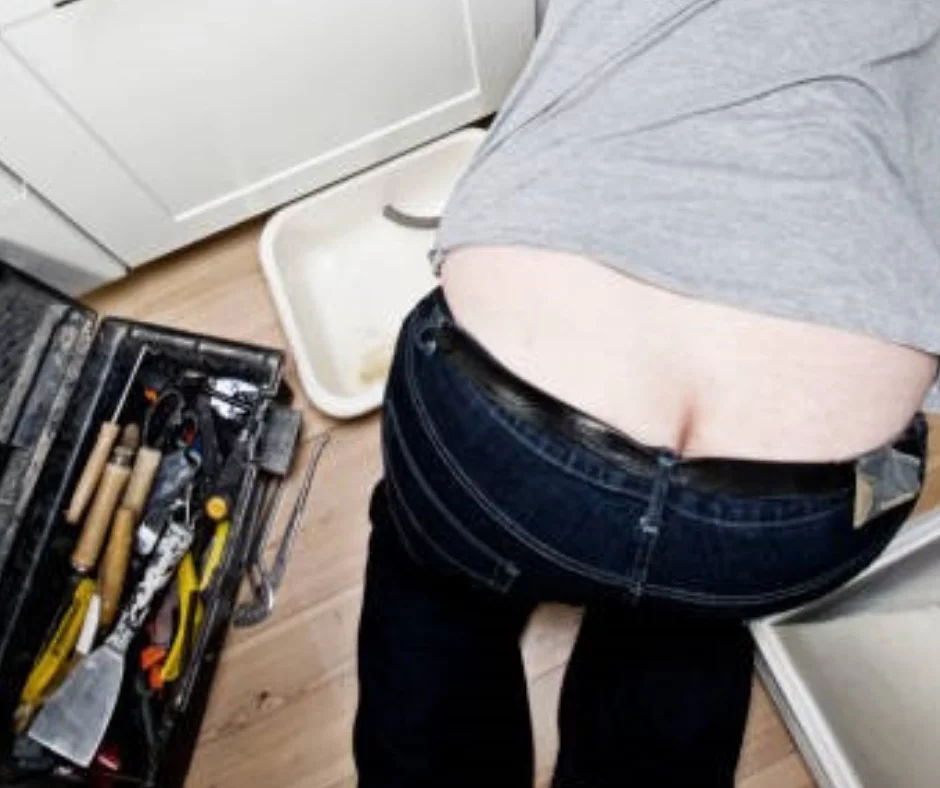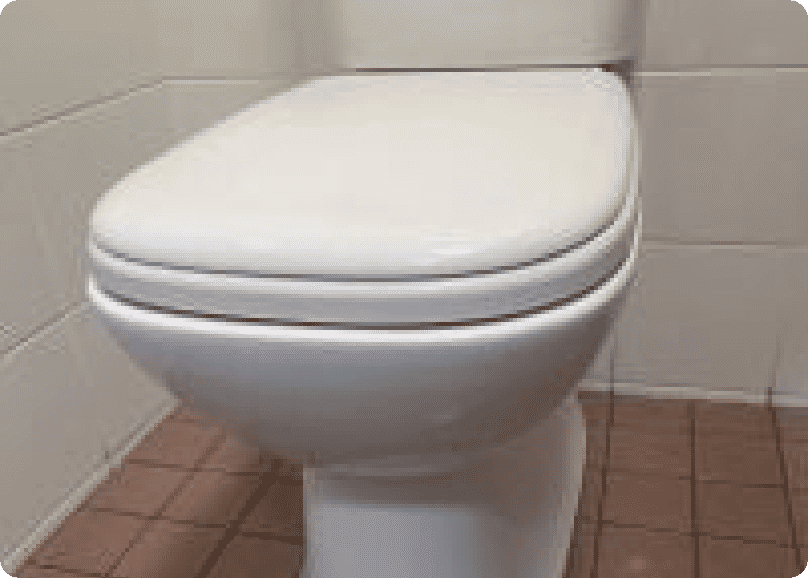Plumbing Maintenance 101
- William Demirdonder
- Jan 21, 2022
- No comments
- 15-minute read

Plumbing maintenance is not necessarily something on the top of your weekly to-do list! For any homeowner, plumbing maintenance can be challenging (mostly because a lot of us don’t know where to start of what we’re looking for).
However, taking action to maintain a healthy, well-functioning plumbing system is integral to your family’s health and access to clean water and water-based appliances.
Plus, ensuring you carry out regular plumbing maintenance on your property will hopefully see you skip an emergency plumbing situation and fork out unnecessary costs for an issue that could have been avoided or detected in its infancy.
Proximity Plumbing’s guide to preventative plumbing will help you understand what you’re looking at, what aspects of your plumbing system should be inspected regularly and when you may need the expert eyes of a professional plumber.
When you are aware of the common plumbing problems to look out for you are one step closer to keeping your whole plumbing system in good knick.
Also, if you know when you aren’t able to fix something or assess whether an issue is a bigger problem than it appears, it will help you know when to seek professional help.
Most of the following plumbing issues are avoidable with ongoing plumbing maintenance!
You don’t want to see this one! With this plumbing issue, there is potential for significant unhygienic conditions for you and your family, plus water damage. You can stop your toilet from overflowing by turning off the main valve of the water feeding line.
Reach out to a licensed plumber in your area for receiving instant assistance with your overflowing toilet. It could be from a foreign item lodged in the toilet pipe or a backup from a more significant blocked drain in your main drain.
This main drain pipe under your garden or driveway is connected to the main drain inside the house, which accepts the wastewater from the individual branch drains serving each plumbing fixture.
This includes all the kitchen, laundry and bathroom sinks, tubs, showers, and toilets, as well as the washing machine and dishwasher.
If the main sewer drain is clogged, it can eventually back up all of the drains in the house (which is why such a clog is considered a plumbing emergency and must be dealt with by a professional plumber).
Anything you push or flush or rinse down a drain will end up going through the main drain. That is why it’s so important to understand that you cannot treat your drain system like a rubbish bin. Know what you can and cannot put down a drain by reading this article.
If you have a sewer line blockage, either by a ‘fatberg’ or a collection of debris, or infiltration of tree roots, it will soon wreak havoc on your entire plumbing system.
It could potentially lead to a blocked sewer line. To prevent a sewer-related flood in your home, you can hire professional plumbers with ample experience to do the job. A blocked sewer drain is considered an emergency plumbing issue. With regular inspections, a professional plumber will be able to assess any potential issues with your sewer line.
Leaky pipes and faucets are common problems in and around the home. A dripping tap usually takes place when the washer forming the seal on the tap is damaged. Damage might include stiffening, dislodging, or tearing. As this damage takes place, the washer is no longer capable of sealing tightly. Therefore, small amounts of water keep dripping from the faucet.
Did you know a leaky tap can waste up to 20,000 litres of water per year! You’ll want to get that leak fixed ASAP.
Low water pressures can occur suddenly or worsen over time. It might take place due to a pipe leaking somewhere along the line.
A simple water meter check will offer a good indication of whether or not there is water leakage during your routine maintenance inspection. Here are some steps to follow:
In case the recordings that you undertake are highly distinct from each other, you might potentially have a water leak. In case the readings are slightly different or almost the same, it indicates that your property is leak free.
Like indoor plumbing issues, outdoor problems can also lead to significant damages to the home. They can potentially impact the backyard, the foundation of the house, or even the entire water supply.
Here are some common outdoor plumbing issues to be aware of and check with your routine plumbing maintenance inspections:
If there is an underground sprinkler system in your backyard, you should know how things are operating. Smaller leaks in the sprinkler systems can lead to problems for which you might have to dig the yard. If you observe wet spots in the yard, reach out to a plumber to diagnose the problem.
A major reason why sewer lines get blocked is tree roots. Sewer pipes go underground. As such, tree roots are easily capable of penetrating, growing and blocking the pipes. It is quite common in older homes as tree roots get ample time to grow however you’d be surprised how quickly they can expand an extensive network once they have instant access to nutrient-rich water!
A CCTV pipe camera inspection will see if you have tree roots hiding in your pipes.
The sewer lateral of any property is a part of the main sewer line. Sewer lateral runs through the entire property to reach the main sewer. If a problem takes place in this part of the sewer line, it is your responsibility to fix the same as soon as possible. When sewer lateral has a problem, you will mostly encounter four odours emanating from the drains in your property’s lower levels. In some cases, you might face water backups or slow-running drains. Moreover, you can also experience a complete halt of the drainage system in your house.
As sewer problems can get messy, it is recommended to correct them as soon as possible and you must deal with a licenced, professional plumber.
As your plumbing system is something that is used all day long, a good way to ensure you’re regularly inspecting and checking on its working condition is to schedule your checks to tie in with the seasons.
Each season brings its own challenges for your plumbing system. We’ve outlined a few tips for you to keep in mind for the warmer seasons, and for the cooler seasons of our harsh, Australian climate.
The warmer Australian months of November through to March is when water usage is at its maximum. It’s also peak storm season, with wild and unpredictable rain and storm events. All of the extra water can take a toll on your system or can quickly highlight an underlying problem that has gone undetected during the cooler months.
Let’s take a look at a few things you can do in the warmer months to maintain your home’s plumbing system:
Across Australia, Autumn leaves behind loads of debris in downpipes, gutters, and drains. As it start getting warmer, you can ensure that these crucial plumbing components are cleaned thoroughly. If you do not do so, it could lead to significant plumbing problems including water damage and potential flooding – resulting in expensive repair work.
The sewer drain in your property is responsible for removing all waste and wastewater from your property. As a homeowner, it is your responsibility to keep it clear and functioning.
You can always book in a professional plumber, like our team at Proximity Plumbing to inspect the workings of your sewer line and test its functionality, discover any tree roots or blockages that are causing stress, breaks or cracks to your pipes.
If you have any known blocked drains (sinks/drains that are slow to drain, smelly or gurgling) then now is the time to unclog them, or call in a professional plumber to expertly unblock your drains.
Coming into the cooler months of our Australian winter you’ll want to make sure that your hot water heater is up to scratch. Click here to read more about how to get your hot water heater winter-ready.
Many Australian properties are now fitted with gas appliances including hot water systems, ovens, range tops, fireplaces, outdoor barbecues, and swimming pool heaters. Gas heaters need to be regularly checked for any leaks or faults because when they’re faulty it can be extremely dangerous!
Take a walk around the property and physically inspect the downpipes and any pipes connected to your landscaping, irrigation, or garden watering system. Whilst these pipes have been working hard for you over Summer and Autumn, Winter is the perfect time to make sure they’re all looking good, without any visible cracks or breaks.
With much of the county being in and out of lockdowns for roughly two years, we’ve all been at home a lot more than before. Think of all that extra cooking, cleaning, more laundry, frequent showers, more flushing, watering the plants, and so more.
If it’s been a while (and especially if you haven’t done this in the last two years) now is the time to schedule a routine plumbing maintenance appointment with our team.
For our local, eastern suburbs and Sydney clients, we can confirm that our team is COVID-19 safe. We have established a special COVID-19 hotline to ensure our clients get through to us if there is anything we can assist with during these times. You can call us on 0480 024 320 to book in a service.
None of our plumbers have travelled overseas or interstate in the last 14 days.
Each one of our team members has completed an infection control training course provided to us by the Australian government.
Our plumbers have been trained to respect your personal space. This means standing well back (more than 2 metres) when discussing the job in person. Upon request, we are also happy to conduct all discussions over the phone – even when on the premises.
Each team member will be using a hand sanitiser before and after all our jobs.
If you require any plumbing work completed during this time rest assured, we will continue offering the highest quality of customer service, Emergency callouts, and continuing our services to local Sydney businesses and residents.
In addition to washing their hands, our plumbers wear a new pair of disposable plastic gloves on every job that they are required to work indoors.
Our vehicles are now sanitised at least twice a week using a hospital-grade disinfectant.
Our plumbers have been trained to recognise any signs of illness and must report to management immediately.
As a part of the essential services during the pandemic, licensed Sydney plumbers are able to operate normally. Due to the increasing number of emergency requests that we receive, we have come up with an emergency hotline number to handle all possible requests as soon as possible. Our Covid safe emergency plumbing hotline on 0480 024 320 should you have any questions or need an emergency plumber. Read more here.
Please schedule your home’s plumbing maintenance inspections regularly and if you do not have the time, nor inclination – please contact our team at Proximity Plumbing and we will gladly do it for you!
Understanding your home insurance and what you are covered for when it comes to plumbing can be overwhelming. Do you have cover if the land mower of your neighbour damages part of your pipeline?....
Read MoreFatbergs are created when you flush down wet wipes or “flushable” wipes down the toilet and they get caught up in your pipes with a combination of any oils, fats or grease poured down the ....
Read MoreImagine you’re in the midst of a plumbing emergency (we’ve all been there) and you desperately need an ace plumber on your door step. We doubt in the middle of a plumbing emergency you&rs....
Read MoreIrrespective of how hard you try, sometimes a toilet or bathroom clog is unavoidable. Whatever might be the reason for the clog, you need to clear the same. When you wish to fix the problem, a plunger....
Read More



Leave a Reply
Your email address will not be published. Required fields are marked *